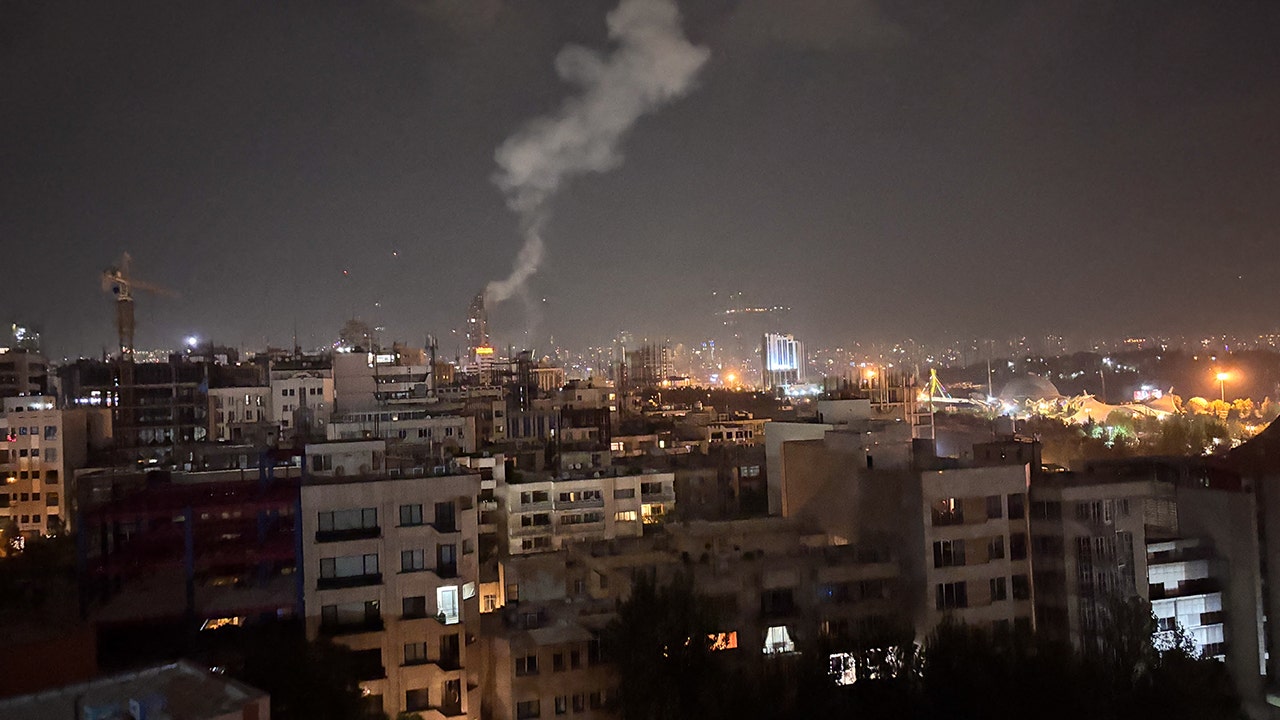45% of Americans back Israeli strikes on Iran amid partisan divide

The recent national poll conducted by the Ronald Reagan Institute reveals a surprising trend – more Americans actually support Israeli airstrikes on Iran’s nuclear facilities rather than oppose them. This information was gathered before Israel’s Friday attack on Iran, shedding light on the American public’s stance on the issue.
According to the poll, 45% of respondents stated that they would back Israel conducting targeted airstrikes against Iran’s nuclear facilities if diplomatic efforts between the U.S. and Iran were to fail. On the other hand, 37% expressed opposition to Israeli airstrikes, while 18% remained undecided. This data showcases a divided sentiment among Americans regarding this contentious issue.
Interestingly, the poll also highlights a clear partisan divide. Six in 10 Republicans voiced their support for the airstrikes, while only 35% of independents and 32% of Democrats shared the same sentiment. Conversely, 27% of Republicans opposed the Israeli airstrikes, compared to a third of independents and over half of Democrats who were against them.
The survey was conducted prior to Israel’s bold attack on Iran, known as “Operation Rising Lion,” which involved strikes on both the Islamic State’s nuclear program and military leaders. This unprecedented move by Israel has sparked intense debate and discussions globally, further emphasizing the complex dynamics at play in the Middle East region.
In light of these developments, it is crucial to analyze the implications of such military actions and their potential repercussions on the geopolitical landscape. The differing opinions among Americans, particularly along party lines, underscore the nuanced nature of international relations and the challenges faced in navigating diplomatic solutions.
As tensions continue to escalate in the Middle East, it is essential for policymakers and world leaders to carefully consider the consequences of military interventions and prioritize peaceful resolutions to avoid further destabilization in the region. The global community must work together to promote dialogue, cooperation, and diplomacy in addressing complex geopolitical issues and fostering a more secure and peaceful world for all.




